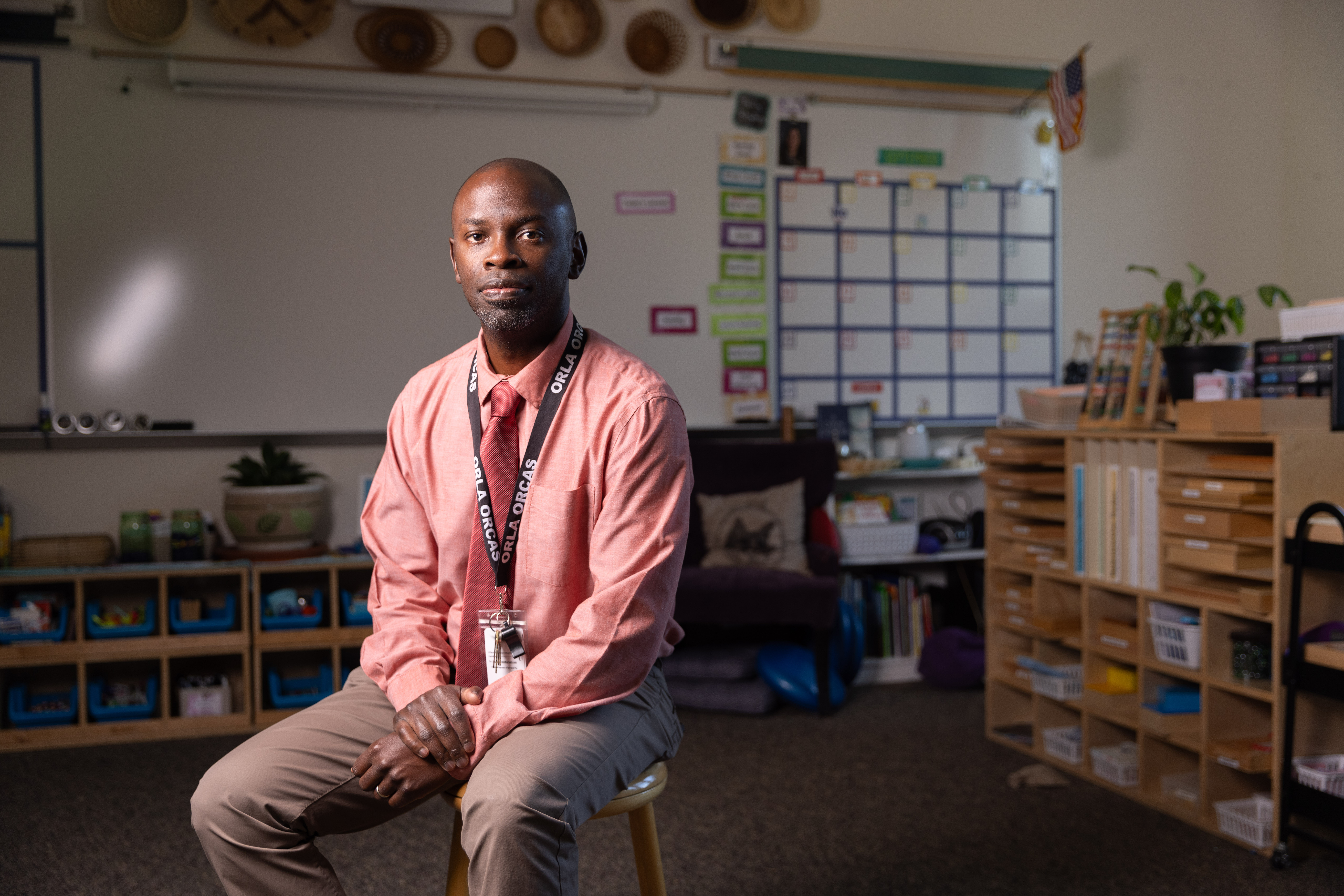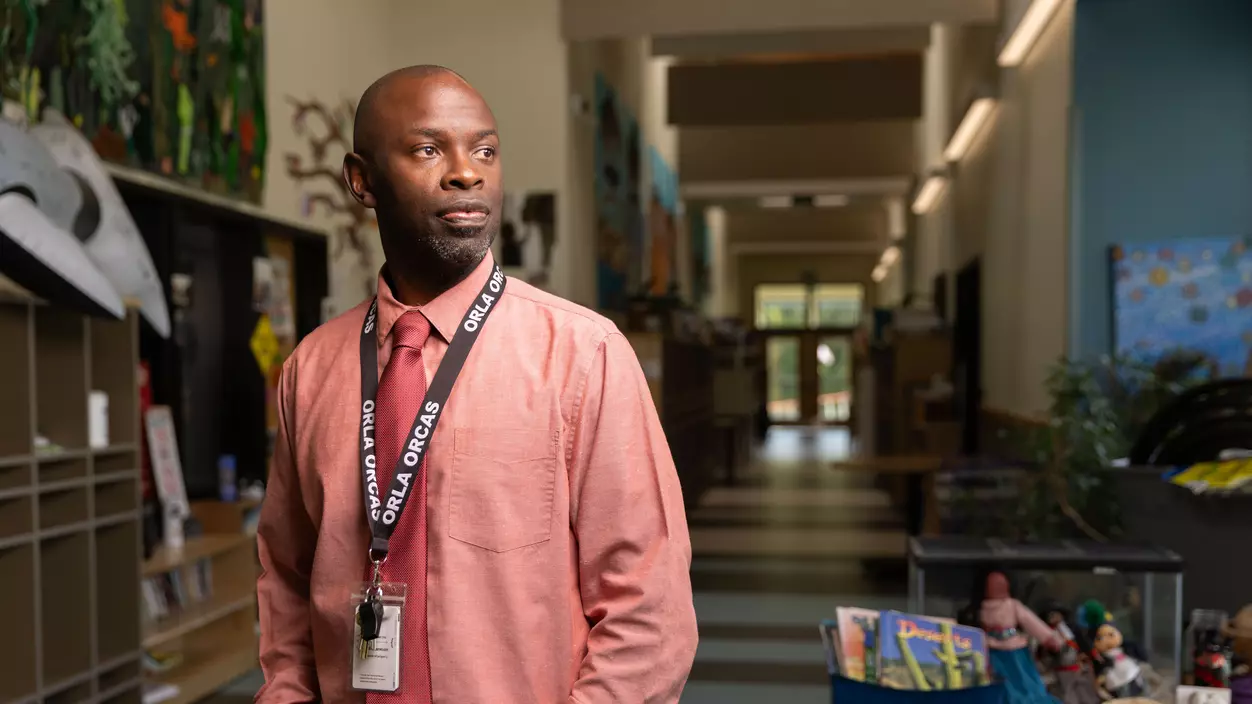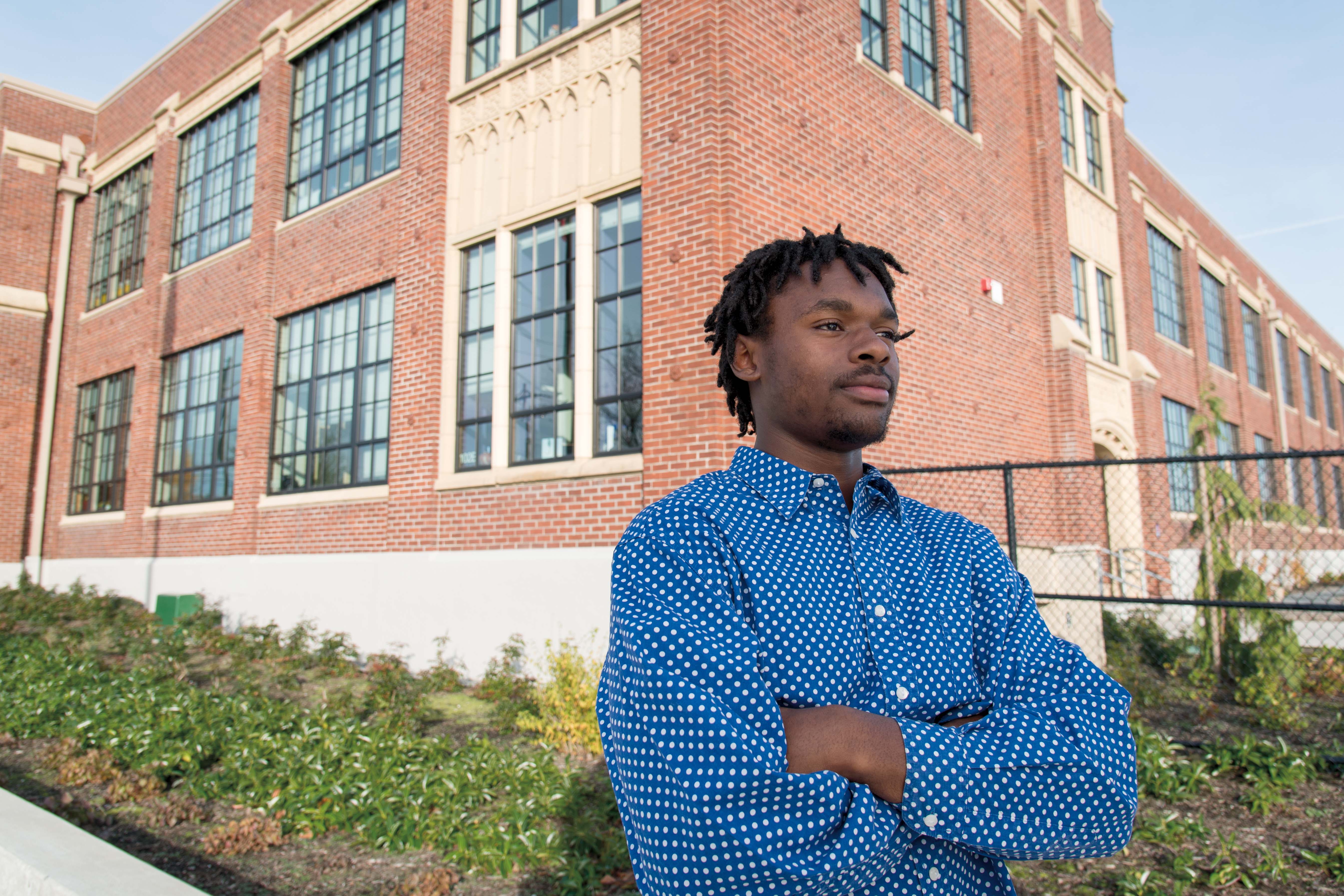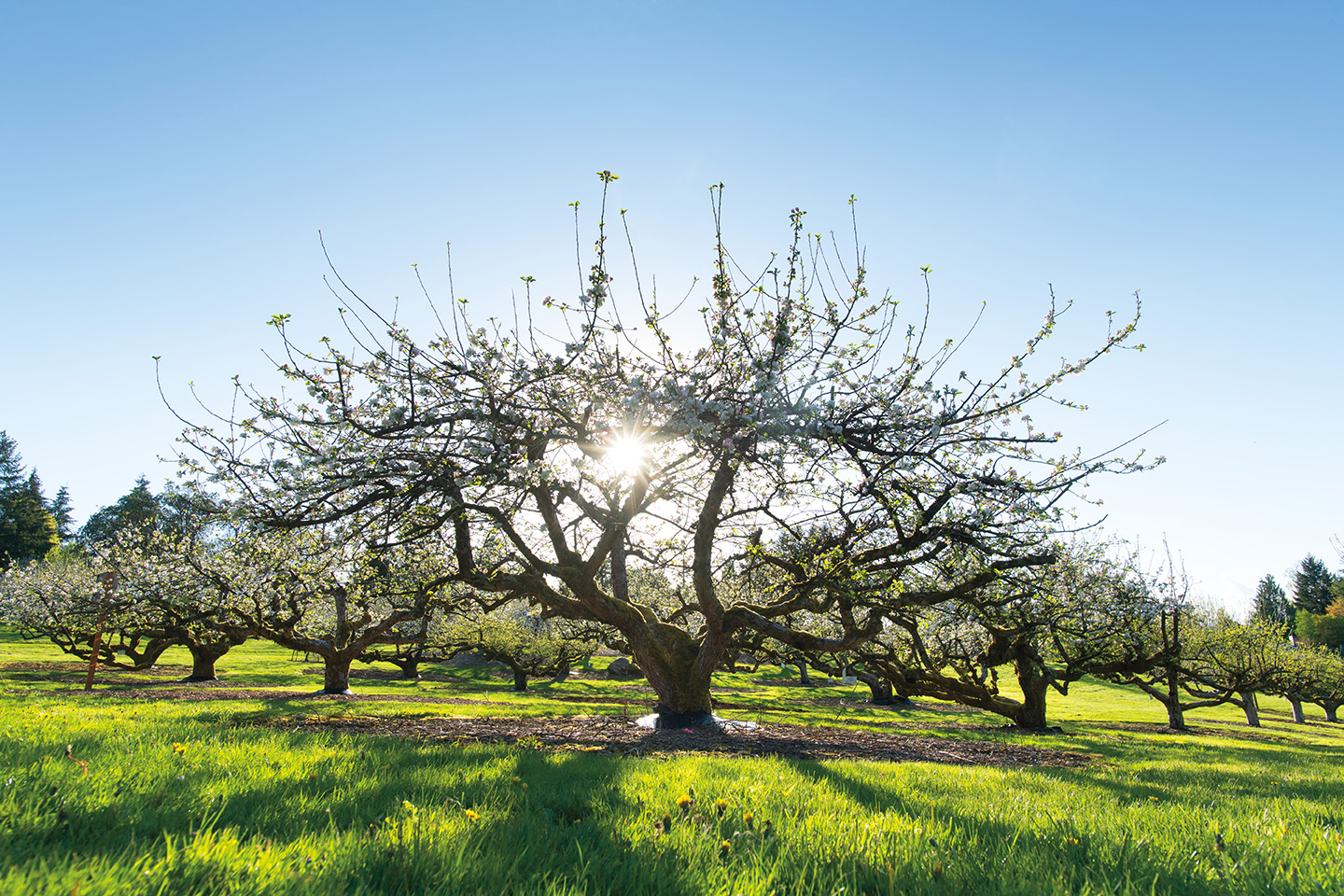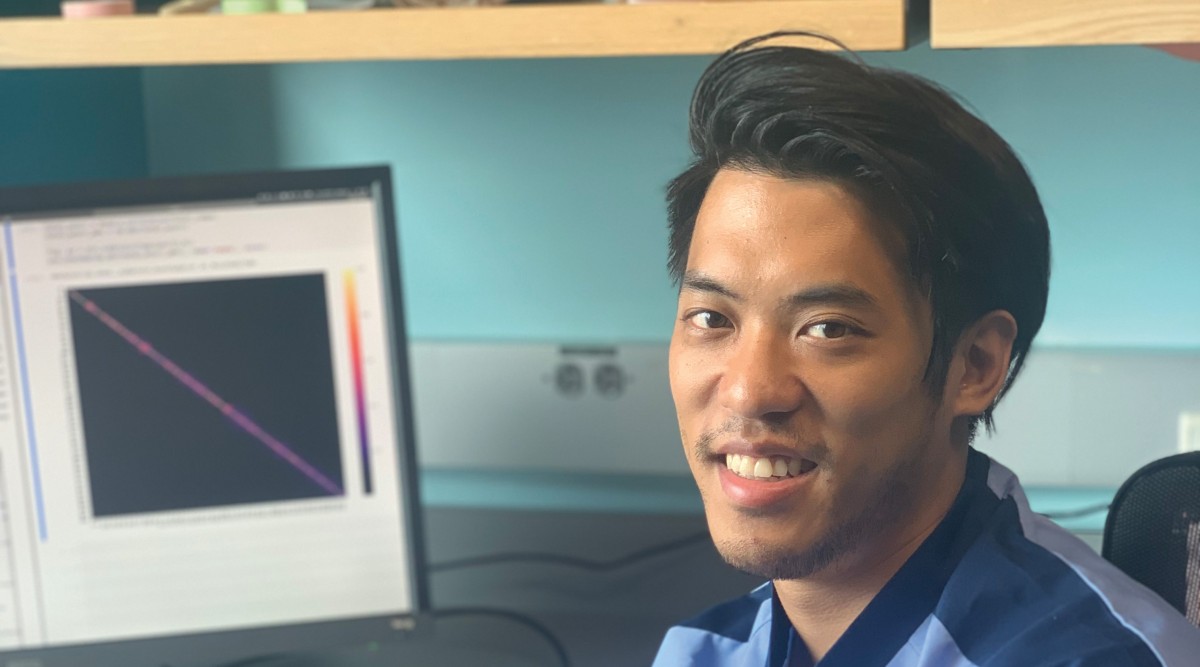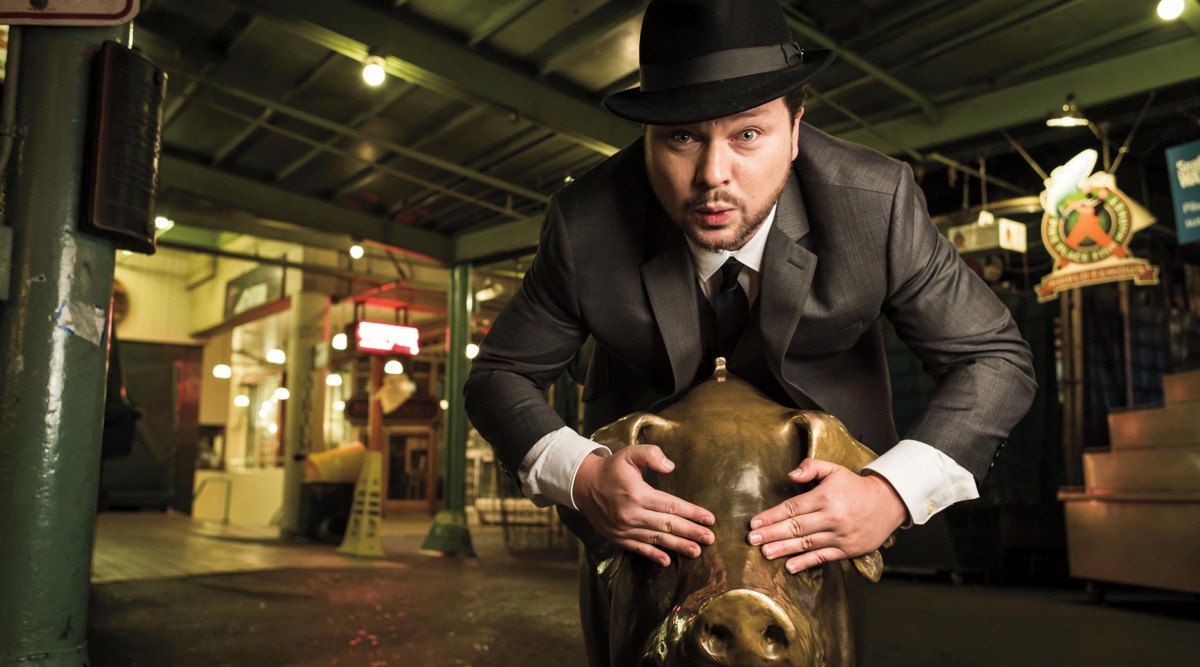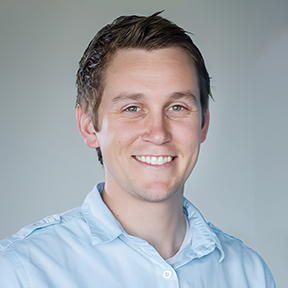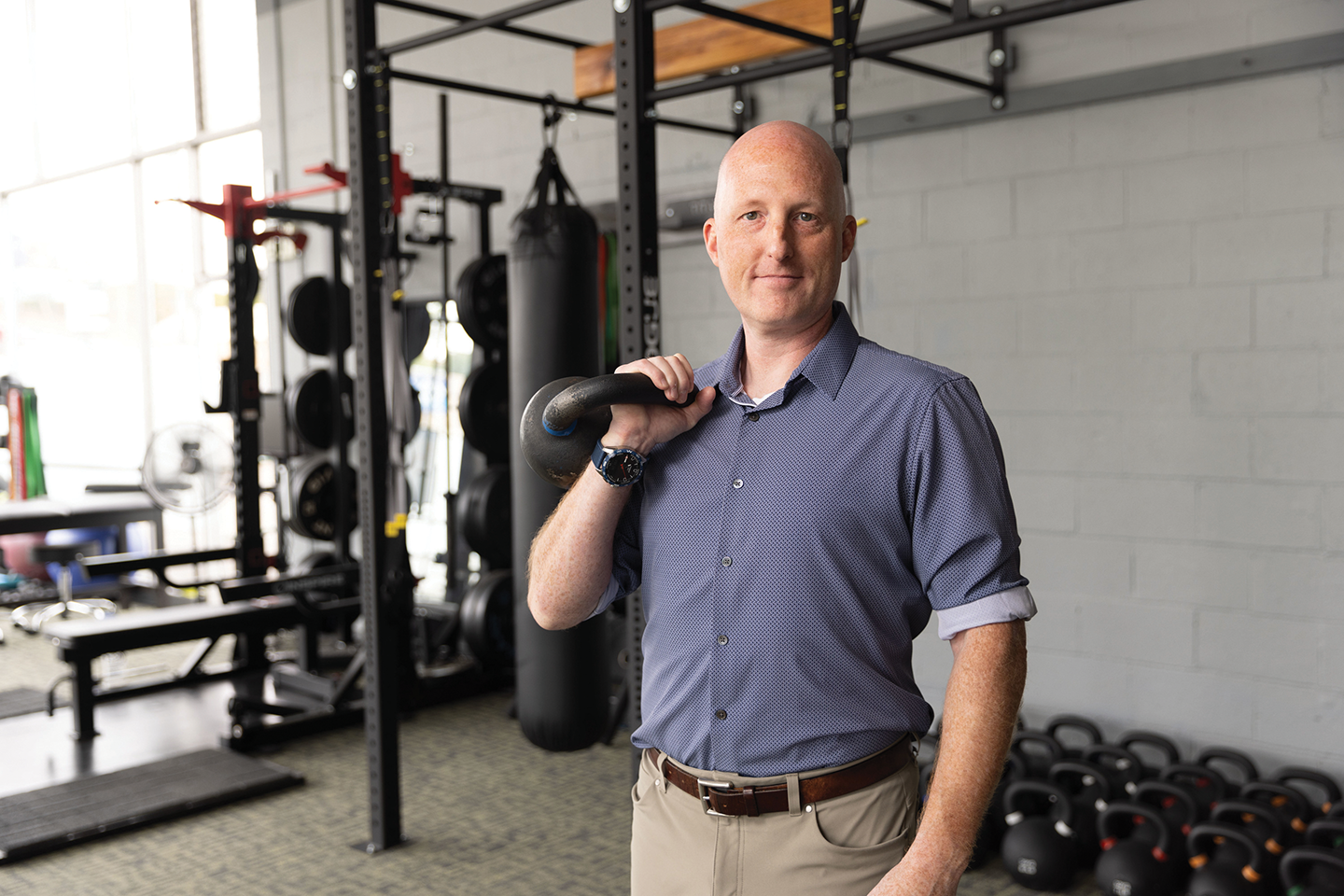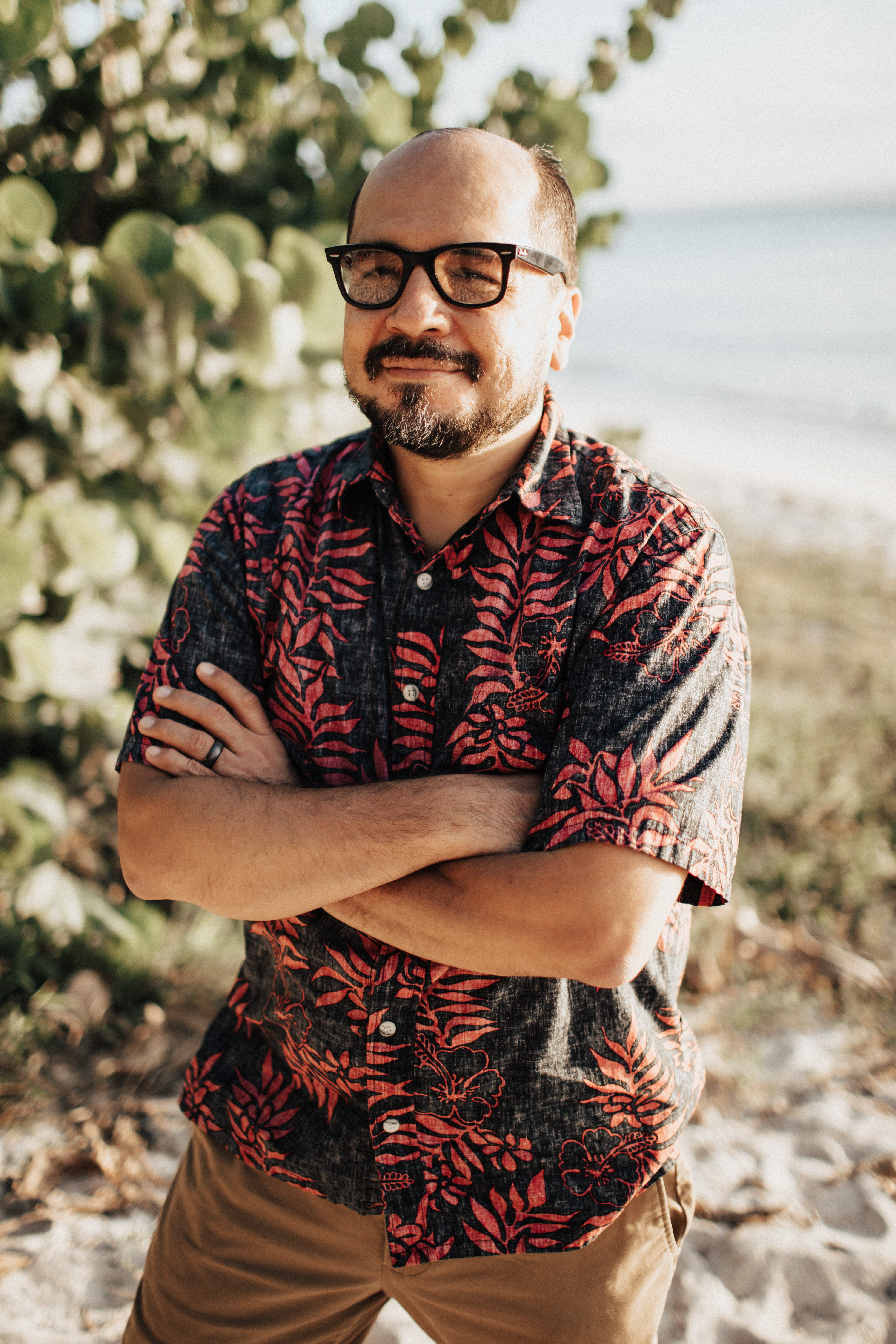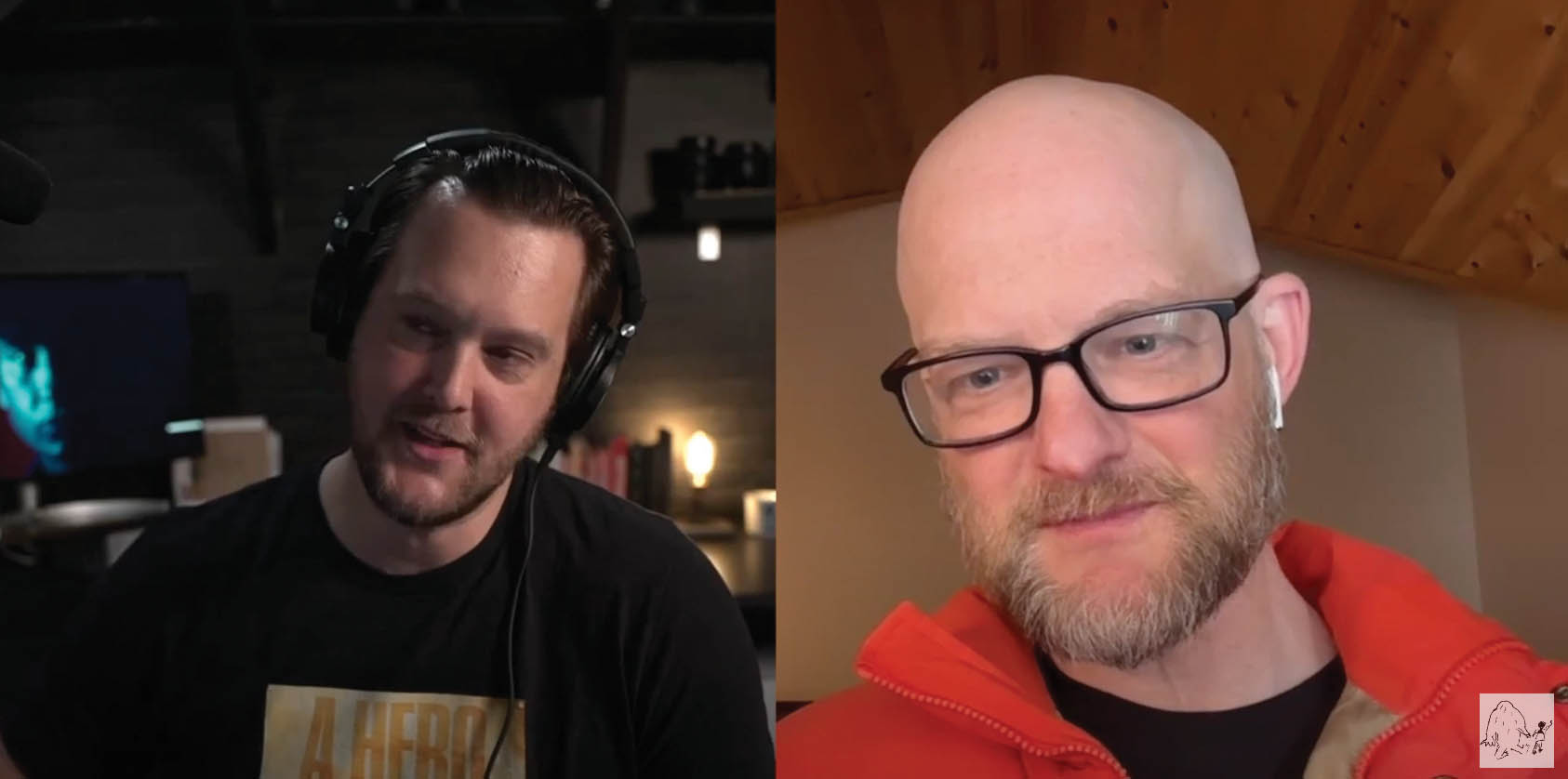Frank Reed ’05, MAT’08
When Burbank, Calif., native Frank Reed ’05, MAT’08 topped out at 5'8" in high school, he begrudgingly accepted that he probably wouldn’t be headed to the NBA. But when then-Puget Sound basketball coach Joe Callero asked if he’d be interested in joining the team, Reed liked the sound of continuing to play while getting a top-tier education. With a grant from the Gates Millennium Scholars Program covering his undergraduate tuition, Reed committed to Puget Sound and the basketball team with sights set on a career in marine biology.
Reed—whose first-year roommate, Aubrey Shelton ’05, MAT’06, is now the Loggers’ head coach—played for a year and a half before deciding to leave the team. “Puget Sound allowed me to venture out of sports and explore different paths,” he says. He switched majors from biology to history, and pivoted from basketball to theater.
